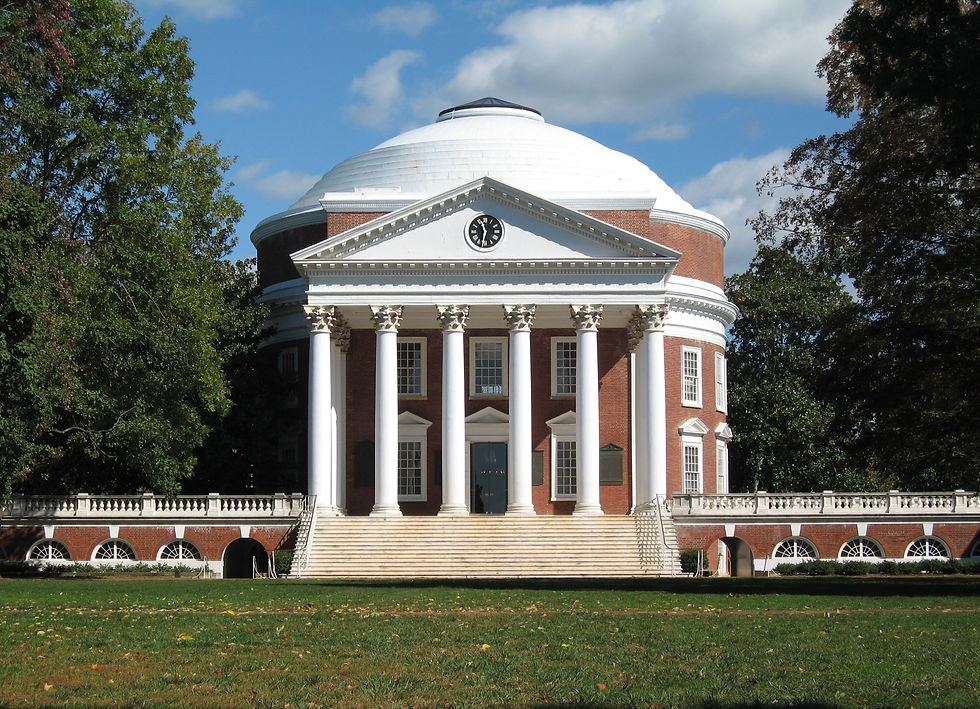On Being Bad at Counting
- avitalbalwit
- Mar 28, 2024
- 2 min read
The London Review of Books just published my Letter to the Editor. It responds to Rebecca Solnit's "In the Shadow of Silicon Valley" from their February issue. The editors shortened my letter and chose their own title, so I share the full piece is below:
***
Solnit opens her piece “In the Valley of San Francisco” with an eerie and gruesome picture of driverless cars, and on how a Cruise autonomous vehicle dragged and crushed a woman who was hit by another (human driven) car.
While this vignette grips our imagination, her argument concerning it is wrong and will cause much more human misery than it prevents.
42,915 people died in car crashes in the US in 2021. Of those, let’s focus on the fatalities caused by distinctly human flaws: At least 410 people were killed as a result of texting and driving. Distracted driving, a slightly broader category which also includes things like eating, fiddling with a stereo, talking to passengers, alongside texting, claimed 3,522 lives in 2021. 13,384 people were killed in 2021 due to drinking and driving.
Fully autonomous cars are still not deployed very widely, so it is hard to get an accurate death count (somewhere between 1 and ~11 total, depending on how autonomous of autonomous cars we count), but what limited data we do have points to the deaths per mile driven being far, far lower than human drivers.
There is something viscerally horrible about the robot car accident -- that nothing could witness and respond to the crushed body, that it went on its predetermined pull-over course regardless of the harm it was causing -- but we need to disentangle our parochial “ick” response from the actual numbers. How many humans were dragged how many feet by other humans? Why should this not appall us equally much, if not more due to the much greater numbers?
Human drivers kill. They kill millions globally each year. Self driving cars seem likely to kill fewer. One doesn’t need a complicated argument about capitalism to see the appeal of that proposition.
I have driven in Waymos dozens of times across the past year. In that same time, I have taken many human-driven rideshares. I have had to ask drivers multiple times to stop texting. I have never had to make this request of a Waymo.
Solnit’s view on autonomous cars captures a broader flaw in her piece: she takes skepticism of corporate incentives (which is fair) and the accurate sociological observation that San Francisco is increasingly socially divided and isolated and makes the jump that Silicon Valley’s techno-optimism is bankrupt and that the innovations it creates are fundamentally bad. Driverless cars will make us safer. They will lead to fewer premature funerals. They will allow for less wasted human time commuting (which claims over a year of people’s lives!). They will necessitate fewer parking lots. Many innovations can be made in a highly imperfect social, economic and political system, by people with mixed (though less bad than she thinks) motives, and nevertheless, as corny as it sounds, improve the world.




Hello,
I'm from Germany and damn, we love our cars so much!!! We call them "Auto".
When I look around, they are everywhere and cities are insane during rush hour. It's not uncommon for a typical family to have three cars. Not to mention the wasted space from all the parking.
We live on a planet with limited resources, but people just ignore the problems. Would it be great to see a transportation revolution? Imagine if no one had to own an expensive car. They are public property as a kind of shared medium. If you need a ride, you can book an autonomous vehicle. There would be no more traffic jams and safety would also drastically increase. Maybe we would need so many fewer…